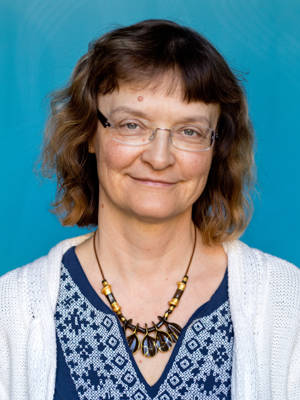External Consultant
David Malone, President of the International Peace Academy, New York (malone@ipacademy.org).
Aim & Goals
To analyze the role of U.S. actors and the UN Security Council in the development of the Haitian conflict trajectory from 1991 to 1994. In particular,
- to examine how external actors in the Haitian conflict influenced the desires and the opportunities of the conflicting parties in their political choices;
- to analyze how this influenced the intensity and the duration of the conflict;
- to analyze the structure of conflict with regard to the explanatory power of external factors versus domestic factors, and the interaction between them.
Organization & Financing
The project involves a part of the PhD study on intra-state conflict entitled, "Causes and Dynamics of Conflict Escalation: The Role of Economic Development and Environmental Change", conducted in 1999-2002 with the support of Norwegian Research Council and the Ford Foundation and submitted to the University of Oslo in January 2003. The doctoral project contains comparative analysis of case studies of armed conflicts in Bangladesh, Guatemala, Haiti and Senegal and of peaceful conflict resolution in Madagascar and Tunisia; of those the case study of Haiti, which has a well-developed international dimension, is chosen for in-depth analysis.
Output
An article will be submitted to the Journal of Conflict Resolution.
Timeframe
The project will be conducted from April to December 2003 with an article ready for submission by December 2003.






